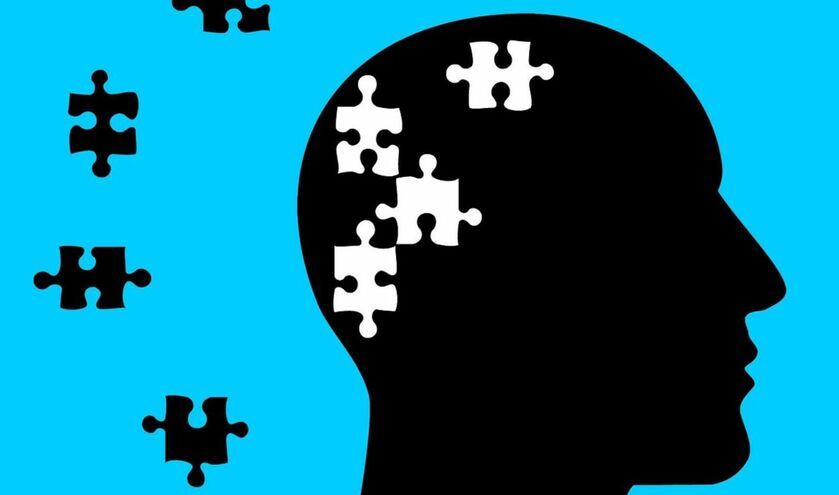The findings come in a new report by the Youth Futures Foundation: Understanding drivers of recent trends in young people's mental health.
There are almost 1m young people not in education, employment or training (NEET) - equivalent to one in eight.
Barry Fletcher, chief executive at Youth Futures Foundation, said: ‘Given young people's worsening mental health is a key driver of the growing young people NEET rate, it is crucial we better understand what is causing the increasing rates of youth mental health issues; because if we don't understand what's driving this, we can't meaningfully design and invest in interventions that we know will work for young people and which they so desperately need.'
The report, which was conducted by researchers from the University of Manchester and UCL, offers a comprehensive analysis of the factors behind the three-fold increase in the number of young people presenting to primary care with mental health problems between 2000 and 2019.
Rebecca Gray, mental health director at the NHS Confederation, said: ‘Our analysis with Boston Consulting Group showed that reintegrating between half and three-quarters of people who have dropped out of the workforce for reasons of ill health since 2020 could generate a multi-billion boost to the UK's GDP and unlock billions in fiscal revenue over the next five years. So helping people to stay or get back into work is good for people themselves and the country.
‘Providing appropriate mental health support – such as easy-access hubs and mental health services in schools – will be vital to better meet the needs of young people. Our members are supportive of all approaches which identify emerging issues early and respond, with NHS trusts often working in partnership with the voluntary, charity and social enterprise sector to deliver support in schools and communities.'



